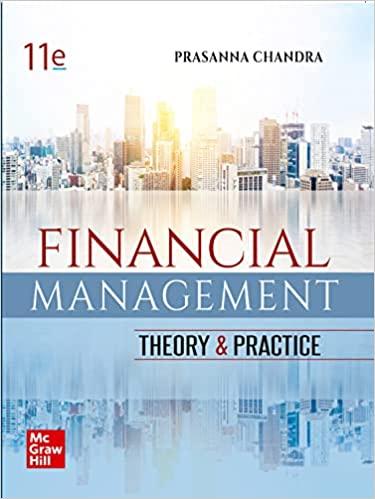Question
Q#2 Do you agree or disagree with the Federal Reserves decision? Why or why not? Present your case or argument with monetary policy theories (for
Q#2 Do you agree or disagree with the Federal Reserves decision? Why or why not? Present your case or argument with monetary policy theories (for instance, the quantity theory of money or various monetary policy rules, etc.) and evidence whenever possible.
Background
The Federal Reserve serves many functions, from acting as a lender of last resort to banks short on liquidity to setting monetary policy by adjusting interbank interest rates, or the federal funds rate, and acting as a supervisor of banking activities in the United States. The Federal Reserve has a dual mandate to maintain inflation at a target rate and to keep unemployment low. For many decades the Federal Reserve enacted policy largely in secret, sharing few details with the wider public. But with changing political and social climates the Fed released its first statement in 1994 following the February FOMC meeting. The FOMC is the committee comprised of (seven) Federal Reserve Governors and presidents of the twelve district Federal Reserve Bank presidents. The FOMC is the committee that sets monetary policy that the Federal Reserve enacts. It is led by a Chair, currently, Jerome Powell, who serves a four-year renewable term. Statements released by the FOMC provide the public with information regarding monetary policy decisions and actions being taken by the Federal Reserve. These statements are released eight times a year immediately following FOMC meetings. In the two decades since the release of the first statement, the Fed has increased its communication with the public dramatically, from Stegmann 3 holding press conferences following FOMC meetings, to releasing the minutes of their meetings (three weeks after a meeting) and indicating the voting pattern at each meeting.
FOMC minutes are closely watched by market participants and widely cited by market analysts as a gauge of Fed policy. The FOMC minutes include summaries of staff and committee member views on economic conditions as well as a discussion of the rationale for the policy decision. Three weeks after each FOMC meeting, the Federal Reserve releases this summary, known as the minutes, of the discussion at the meeting. The minutes are a general overview of the topics discussed and opinions expressed at the meeting, with no attribution of any comments or opinions to individual FOMC members.
Step by Step Solution
There are 3 Steps involved in it
Step: 1

Get Instant Access to Expert-Tailored Solutions
See step-by-step solutions with expert insights and AI powered tools for academic success
Step: 2

Step: 3

Ace Your Homework with AI
Get the answers you need in no time with our AI-driven, step-by-step assistance
Get Started


